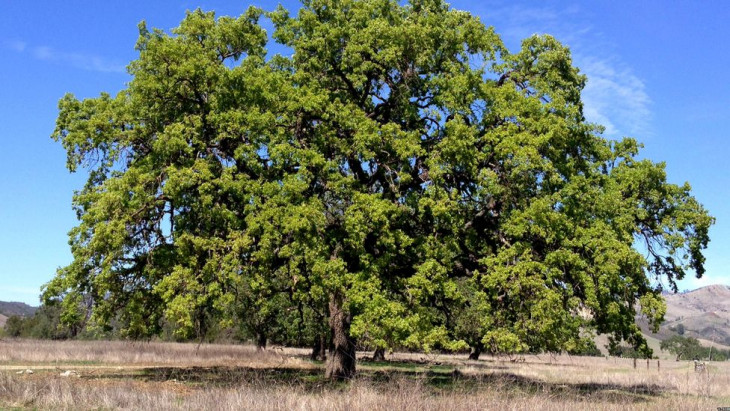Researchers develop a software that can predict genetic changes in trees

Researchers have developed a software package that can help predict genetic changes in trees and other organisms brought about by climate change.
Known as the R software package, the new technology has been designed to be used in tree sourcing programmes.
Reported in the scientific journal Peerj, researchers from the Centre for International Forestry Research (CIFOR) and the World Agroforestry Centre (ICRAF) observe that the software can be useful in predicting potential effects of climate change.
The R package provides a novel method of predicting how populations of plants or animals would respond to environmental changes, such as those associated with climate change.
The package also provides various visualisation methods that can easily be transformed into animations that depict genetic changes along with a time series.
“These genetic changes — defined elsewhere as genomic offset or the distance between the current and required genomic composition— are possible through evolution or migration,” said Dr Roeland Kindt, a senior scientist with CIFOR.
Dr Kindt, the current rate of climate change is much more rapid than these natural coping strategies.
Ultimately, methods of assisted gene flow and assisted migration, such as seed translocation, will be needed to ensure that populations or species do not become extinct and continue to fulfil their important functions.
“As some tropical trees face an uncertain future due to environmental changes caused by warming temperatures, this tool can help assess a range of potential breeding methods that can ultimately help farmers select for hardier species — species that are more resilient that may potentially be characterized by deeper growing roots to better access groundwater, for example,” Kindt said.
“This software supports work to develop what we call ‘climate-appropriate portfolios of tree diversity for productive and resilient future landscapes and livelihoods,” said Lars Graudal, one of the leaders of the Tree Productivity and Diversity research group, who is also a scientist at Denmark’s University of Copenhagen.
Many countries have started developing national adaptation plans in anticipation of extreme climatic events.
To assist governments in developing plans for forests and agricultural systems with trees — because, in these areas, adaptation needs to be developed well in advance given the long-lived nature of the species — scientists from CIFOR-ICRAF with collaborators from national institutes, the University of Copenhagen and Scotland’s James Hutton Institute are developing various tools such as the R software.














